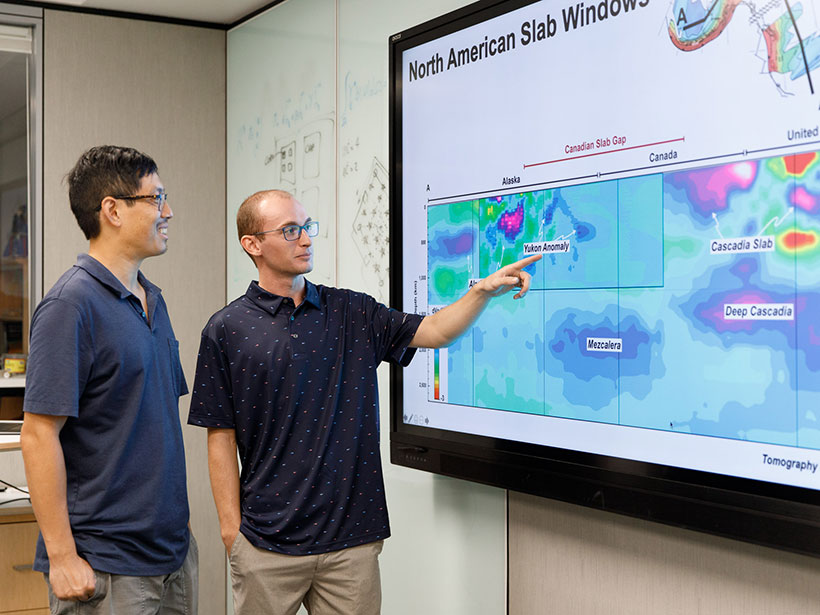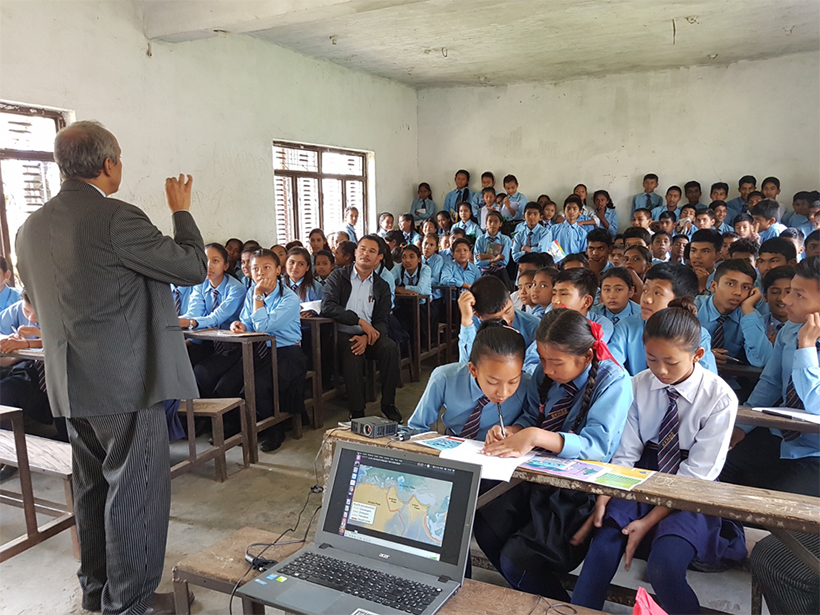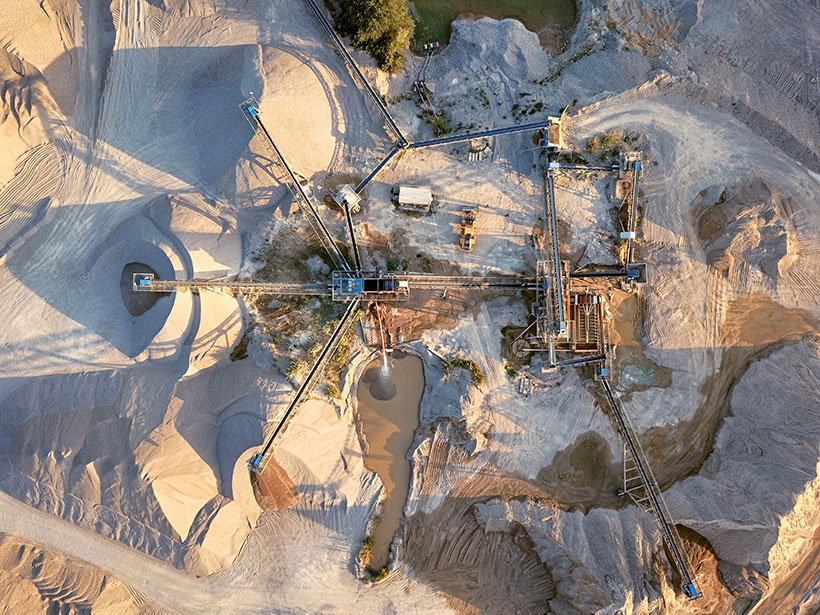Un nuevo estudio muestra que las medusas y las salpas marinas no reciben el crédito que merecen por su papel en el ciclo del carbono en el océano.
Rachel Fritts
Rachel Fritts is a science writer specializing in ecology, sustainability, and Earth science. Her work has appeared in a number of publications, including Ars Technica, Science News, Science, Mongabay, and Hakai Magazine. She also writes scripts about evolution for the PBS Digital Studios channel Eons. Rachel is currently completing a master’s degree in science writing at the Massachusetts Institute of Technology.
The Resurrection Plate Is Dead, Long Live the Resurrection Plate
Using a technique similar to taking a CT scan of Earth, researchers found the possible remnants of a long-debated “missing” tectonic plate.
To Save Low-Lying Atolls, Adaptive Measures Need to Start Now
New research uses 5,000 years of geological data to understand how and when sea level rise will affect the livability of low-lying reef islands.
Jellies Transfer a Significant Amount of Carbon to the Deep Ocean
Jellyfish and sea salps aren’t getting the credit they deserve for their role in ocean carbon cycling, according to a new study.
Fibers Pick Up Silicon Valley Traffic Changes During Quarantine
Fiber-optic cables measured a 50% decline in Sand Hill Road traffic in March.
Most of the Arctic’s Microscopic Algae Are Chilling Under Ice
New research reveals that tiny single-celled organisms in the Arctic Ocean are growing more numerous as climate change thins the ice.
Trayendo la Educación Sobre Terremotos a las Escuelas de Nepal
El programa de Sismología en la Escuela en Nepal, tiene como objetivo preparar a las comunidades rurales para el próximo gran terremoto.
Jupiter’s Ocean Moons Raise Tidal Waves on One Another
New research considers the effect of Jupiter’s Galilean moons on each other’s oceans for the first time.
Megaripple Migration Offers Insights into Martian Atmosphere
The movement of large sand ripples, documented for the first time, suggests Mars is windier than we thought.
To Protect the World’s Sand, We Need to Know How to Measure It
New research provides a more accurate model that coastal managers and engineers can use to account for sand transport over time.










